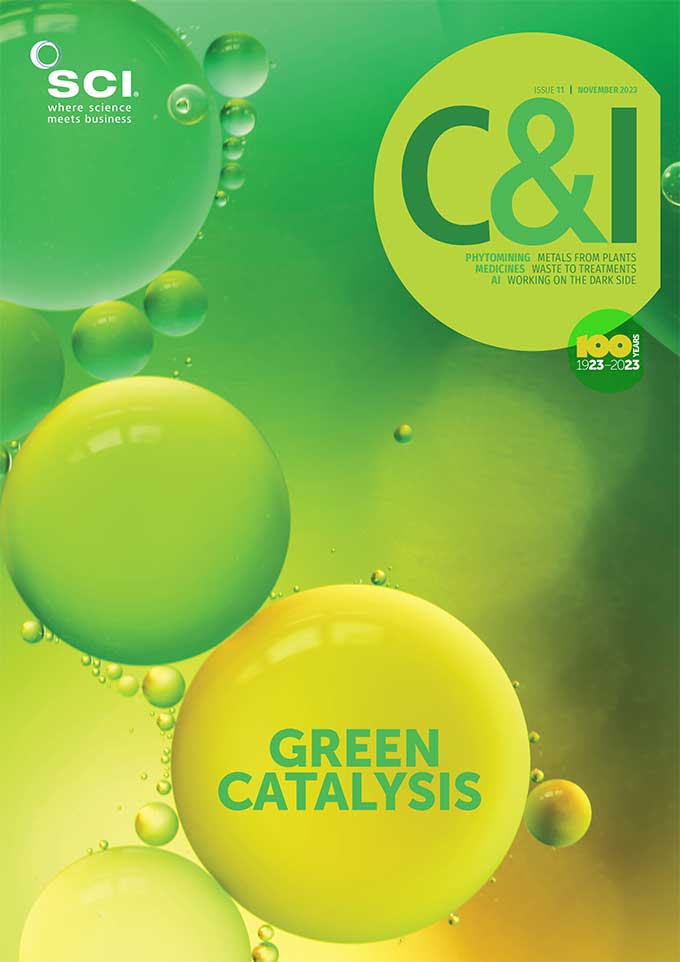BY NEIL EISBERG, EDITOR | 8 NOVEMBER 2023
Collaboration is the current name of the game as far as research is concerned. It is seen as a key aspect for the mobilisation of research capabilities around the world; no more so than in Europe, where the Horizon programme is top of the list.
Finally, the UK has responded to the numerous calls from scientists and researchers to rejoin what is arguably the boldest example of scientific collaboration on the planet. As C&I has reported (C&I, 2023, 87, 9, 5), providing the EU member states agree, the UK will formally rejoin Horizon Europe on 1 January 2024, much to the relief of the UK’s scientific community.
But this is not the end of the UK’s plans for international research collaboration. And the collaborations are not just governmental. UK and Australian research universities have signed a formal agreement to increase two-way research collaboration, boost commercialisation activity and ‘build trusted partnerships in areas of sensitive research’.
Following a series of inter-university dialogues, the most recent in Sydney at the end of September 2023, Australia’s Group of Eight and the UK’s Russell Group have signed the Australia-UK Strategic Alliance on Research and Innovation. The aim is to leverage the Australia-UK Free Trade Agreement and advance research engagement around AUKUS Pillar II priorities, including AI, undersea capabilities and quantum technologies.
Commenting on the signing of the alliance, Tim Bradshaw, CEO of the Russell Group of UK universities, said: ‘The UK and Australia have many long-standing and close ties, and our research sectors are no exception. The Russell Group and Group of Eight represent 32 of the world’s leading research-intensive universities, renowned not just for their research excellence but also for the high-level skills they develop for our respective economies and for their strengths in turning research into innovation.
‘At a time when research partnerships with like-minded countries are more important than ever, and with the world’s first innovation chapter in our Free Trade Agreement, it is vital to build upon what has already been achieved. Strengthening collaborations between our universities will benefit science, research and innovation in both our countries, will enhance UK-Australian resilience in an uncertain world and boost prospects for economic growth.’
Group of Eight deputy chair and Vice Chancellor of the University of Sydney, Mark Scott, added: ‘Collaboration is the kindling that ignites innovation, it is when we work together that we can achieve the breakthroughs and progress the world needs. We all share the same challenges – fast-paced changes in technology, climate, geopolitics, and more – and it is more crucial than ever for us to work together to be at the forefront of knowledge creation, enabled by a strong research strategy.’
Referring to the lengthy period before the reinstatement of the UK’s involvement in the Horizon European research programme, Professor Shearer West, deputy Chair of the Russell Group noted: ‘If there is a lesson from the last period of uncertainty for UK institutions, it is the significance of our bilateral relationships with international partner nations such as Australia who share our values and commitment to research collaboration…. Although our institutions are on the other side of the globe from each other, our collective response to the Covid-19 pandemic has shown the enormous potential of “24-hour science” to be a real point of distinction to collaborations between UK and Australian universities.’
In addition to working together in the Europe Horizon programme, however, the UK and France have also agreed a new €10m scientific partnership in cancer research. Cancer UK (CRUK) and the Institut National Du Cancer (INCa) will fund researchers in the global Cancer Grand Challenges initiative, which was founded in 2020 by CRUK and the National Cancer Institute (NCI) in the US (See p17).
Meanwhile, the French National Research Agency (ANR) has signed a Memorandum of Understanding (MoU) with the US National Science Foundation (NSF) to establish a framework to encourage collaboration between US and French research communities and set the principles through which jointly supported activities might be developed. Potential areas of collaboration are likely to include catalysis with Earth-abundant materials, quantum information science and engineering. Through a ‘lead agency opportunity’ mechanism project proposers from both countries will be able to submit collaborative proposals that will undergo a single review process at the lead agency.
Science is international and its greatest strength is its ability to pull together different skill sets and expertise from researchers scattered across the globe. These collaborative efforts mean that the sum of the additional knowledge and understanding is always greater than the individual parts.





